The dual burden of studying and elite sports: peak performance in two areas
by Sarah Westermayer
Top-level sport is much more than a hobby—it is a full-time job that demands a lot from athletes, both physically and mentally. Nevertheless, most top athletes cannot make a living from their sport. In most sports, they earn little to nothing. That is why they have to think about their professional career after their sporting career while they are still active. Many decide to study. But how does the already mentally demanding sport combined with a degree program affect the psyche of athletes? Is studying an additional burden or can it even be helpful?
“It’s definitely a challenge to get the timing right,” says Lea (name changed by the editors), who studies at the University of Tübingen alongside her athletics. She says that combining sports and studies is particularly challenging in science programs. In addition to lectures, there are also internships with mandatory attendance. “You definitely have to come up with a plan, otherwise it won’t work.” For her, this can be very stressful at times. “The stress was particularly high just before Christmas last year. I was so busy that at times I didn’t know what to do first.” The stress also causes her to experience physical symptoms. “When it’s that time of year again when there are lots of assignments due, I notice that I sometimes get stress-related stomach aches.”
In recent years in particular, the issue of mental health in sport, but also in higher education, has become more of a focus of public attention. More and more athletes are breaking their silence and speaking openly about their own experiences, campaigning for more awareness of the issue. But we are also hearing much more about mental health issues among students in the media than we did a few years ago. Studies show that young adults who are students are under greater psychological strain than their peers who are not studying. This is mainly due to the high frequency of exams, the amount of material to be covered, and time pressure. If students cannot find an individual solution to cope with the situation, this can lead to mental health problems.
Top athletes are also exposed to a number of factors that increase their susceptibility to mental illness. In addition to time-consuming training, the immense pressure to perform in competitions and the psychological consequences of injuries pose additional challenges. A recent study on mental health symptoms among Dutch top athletes shows that over 70 percent of athletes’ health complaints are mental health problems. Top athletes who complete a degree in addition to their sporting career are therefore constantly exposed to two significant risk factors for mental stress: the challenges of sport and the demands of studying.
However, other athletes did not describe their studies as an additional burden alongside sport, but rather as a help and a balance to the physically and mentally demanding training. Jackie Haller (formerly Baumann), who competed in the 400-meter hurdles at the 2016 Olympic Games in Rio de Janeiro, says that studying was very good for her personally. She ended her career in 2020 because she suffered from severe mental stress before competitions during her active career, which also caused her health problems. Sleep disorders, palpitations, chills, hot flashes, and tension headaches before competitions were symptoms that accompanied her. Her teacher training course offered her a welcome mental change. She was able to occupy herself with something else and meet people who had nothing to do with sport: “It was good to realize that the world revolves on a much larger scale and that there is much more to life than running fast in circles. I really appreciated that aspect of studying.”
In Haller’s case, her mental health issues had nothing to do with her studies. “I actually believe that most top athletes put their studies on the back burner. When I realize it’s getting to be too much, I just take a break from my studies.” However, she also notes that this is only possible if you study at a university that supports top-level sports. Lea agrees. “It has to be said that this is an advantage at the University of Tübingen, because they take sport into consideration here.”
But it’s not only universities that support athletes in combining their studies with competitive sport. For example, all Olympic training centers have career advisors who are available to athletes as contact persons. Through cooperation agreements with universities, studies can be extended so that athletes can study within a reasonable period of time, explain Fanny Rinne and Jochen Zürn from the Rhine-Neckar Metropolitan Region Olympic Training Center. Exam dates can also be postponed or other forms of assessment recognized. “This is achieved through individual synchronization of competitive sports and educational careers, because every sport and every athlete has individual needs and stress requirements. This necessitates individualized support through career counseling,” emphasize Rinne and Zürn. This allows athletes to turn to someone at an early stage, before the strain of studying and top-level sport becomes too much for them, and individual solutions can be sought.
Combining studies and top-level sport is a major challenge. For some athletes, it is an additional burden that pushes them to their physical and mental limits. For others, however, studying offers a welcome change and a mental balance to physically demanding training. What is clear, however, is that the double burden carries a high risk of mental health problems that should not be underestimated.
Sarah Westermayer

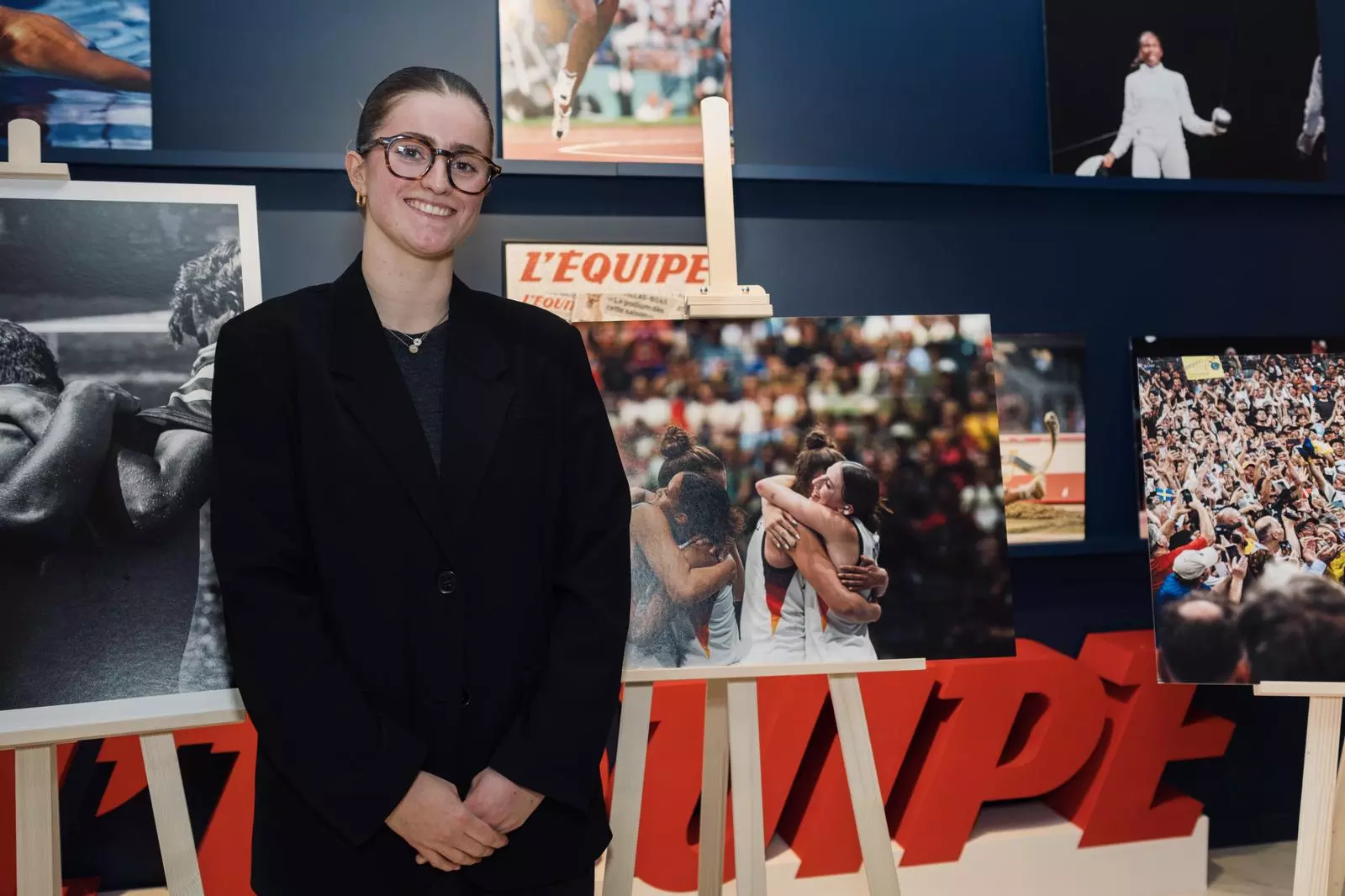
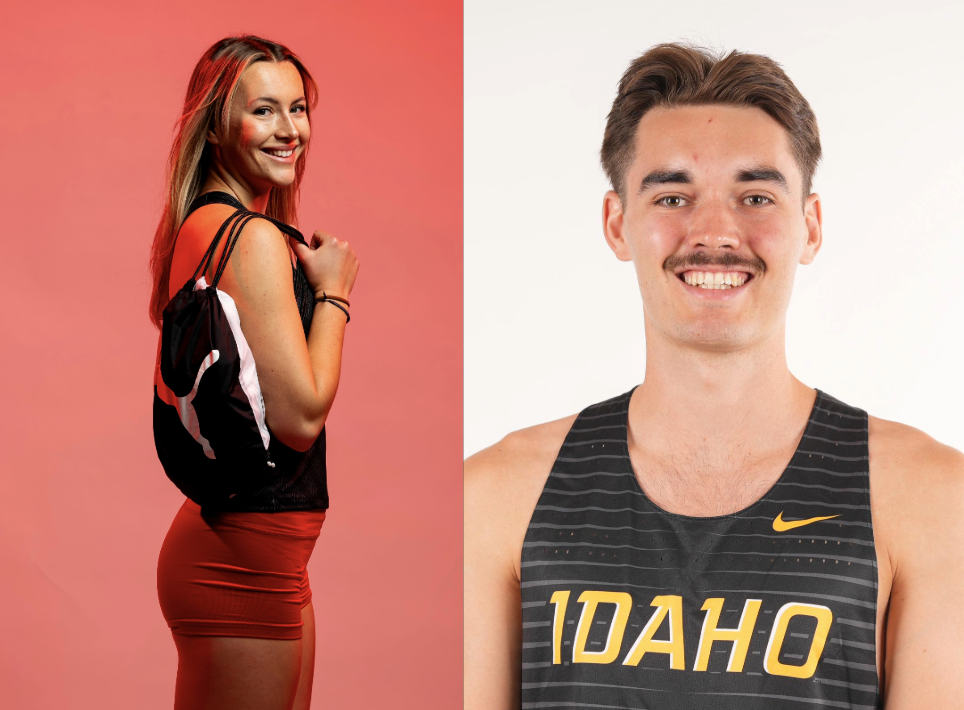

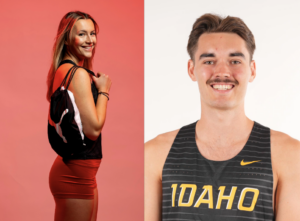


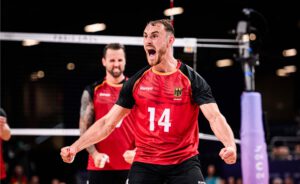

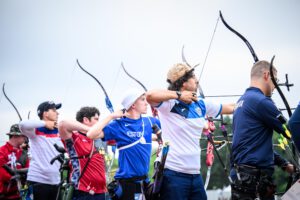




Post Comment